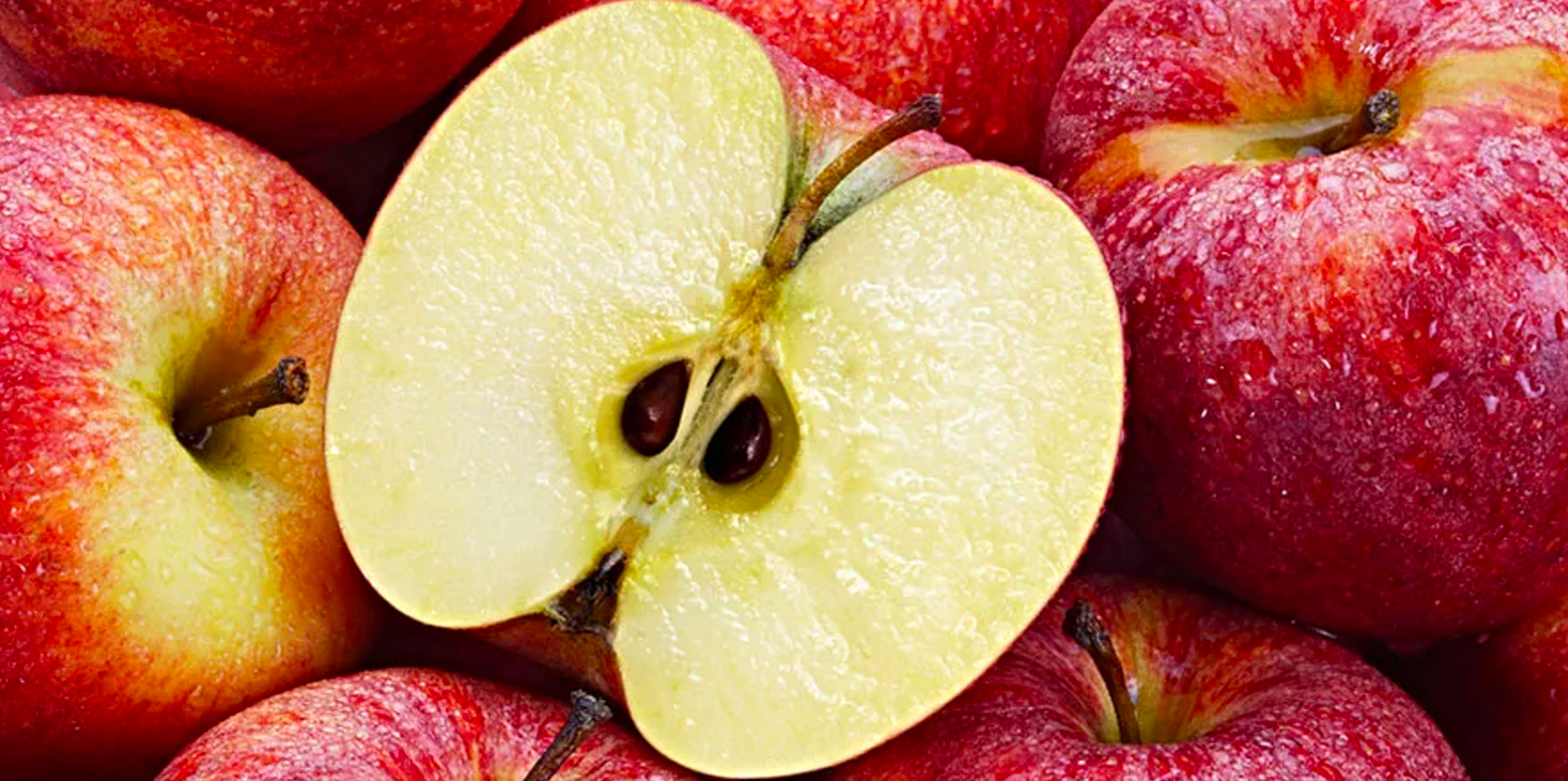Blueberries are one of the most nutrient-dense foods on the planet. They’re loaded with vitamins and minerals that keep your body healthy and strong.
They have been used as food and medicine in many cultures for thousands of years. Blueberries have many health benefits, including helping protect against chronic diseases like heart disease and type 2 diabetes (1).
Table of Contents
- Health Benefits of Blueberries
- 1. Good for gut health
- 2. Reduces inflammation
- 3. May Help Maintain Brain Function and Improve Memory
- 4. May Help Fight Urinary Tract Infections
- 5. Strengthens your bones
- 6. May Lower Blood Pressure
- 7. May Lower Cholesterol Levels in the Blood
- 8. May Help Repair Muscles After Strenuous Exercise
- 9. May Help Prevent Heart Disease
- 10. Might Help Protect Against Cancer
- Conclusion
Health Benefits of Blueberries
Blueberries are a superfood that is packed with nutrients and antioxidants. They are also a good source of fiber and vitamin C (2). Blueberries are one of the best fruits to eat when you want to improve your health and lose weight.
1. Good for gut health
Blueberries are one of the most studied fruits in the world, so it’s no surprise that they have many health benefits. But one of their lesser-known properties is their ability to help maintain a healthy gut (3).
The gut is home to millions of bacteria that affect our immune system, the way we feel, and our overall well-being. Blueberries are rich in fiber, which helps feed good bacteria in your gut and keeps bad bacteria away.
They may also help protect against leaky gut syndrome (4). This occurs when there is damage to the intestinal lining that allows toxins into the bloodstream. The condition can lead to inflammation throughout the body, fatigue, and other symptoms (5).
Summary:Blueberries are rich in fiber and have been shown to maintain and improve gut health. They may also help to prevent against gut issues like leaky gut syndrome.
2. Reduces inflammation
Blueberries are rich in antioxidants and anti-inflammatory properties (6). This makes them a great food for people with inflammatory conditions like arthritis, asthma, and even cancer (7).
Blueberries have been shown to help reduce inflammation by inhibiting the activity of certain enzymes that cause inflammation in people with rheumatoid arthritis (8). Blueberries might also be beneficial for people with inflammatory bowel diseases such as Crohn’s disease or ulcerative colitis (9).
In one study published in 2020, researchers found that blueberry extract contained a protein complex that plays a role in the regulation of inflammation. The researchers concluded that consuming blueberries daily may be useful for treating inflammatory conditions such as lung diseases (10).
Summary:Due to the high number of antioxidants and anthocyanins in blueberries, eating them helps to reduce inflammation and treating inflammatory conditions like arthritis and asthma.
3. May Help Maintain Brain Function and Improve Memory
Blueberries are rich in vitamin E, which is essential for brain function (11). The high levels of vitamin E found in this superfood can improve memory function and eliminate mental fatigue due to stress or overwork (12). This makes blueberries a great option for people who deal with heavy workloads every day.
A number of studies have found that blueberry consumption may reduce the risk of age-related cognitive decline, including Alzheimer’s disease (13). This is because blueberries slow down the progression of age-related changes in the brain.
A study published in the British Journal of Nutrition found that blueberry juice improved memory performance among older adults with mild memory complaints. This study suggests that regular blueberry consumption may help improve memory function over time.
Summary:Blueberries have been shown to improve memory and cognitive function and may help decrease the risk of age-related cognitive decline like Alzheimer’s.
4. May Help Fight Urinary Tract Infections
Blueberries may be good for more than just smoothies and muffins! They can also help fight urinary tract infections and other common infections.
Blueberries have the highest levels of antioxidant activity against E. coli, which causes 90 percent of all UTIs. In fact, blueberry consumption may help prevent UTI recurrence (14). This is due to its ability to reduce oxidative stress in the body.
The study, published in the Journal of Nutrition and Metabolism, found that eating blueberries over the course of three months can help prevent UTIs.
Researchers looked at 20 women who regularly suffered from UTIs. Over three months, they were asked to eat two servings of blueberries a day and record how often they experienced a UTI.
The results showed that the participants experienced less frequent UTIs when they ate blueberries. Researchers also found that the women had fewer than half as many UTIs as they would have without the berries in their diet.
Summary:Studies have shown that eating blueberries may help prevent and even fight urinary tract infections.
5. Strengthens your bones
Blueberries are effective at strengthening your bones by increasing the production of calcium in your body. They contain a compound that has been proven to strengthen bones and fight osteoporosis (15).
Osteoporosis is a condition where the bones deteriorate over time, making them more susceptible to fractures. This condition is common among postmenopausal women but can also affect men.
In one study, researchers investigated how blueberries affect bone health in rats with osteoporosis. They found that rats fed with a diet containing blueberries had higher levels of collagen type I alpha 1. Both types contain fibers that give bones their structure and strength. Additionally, rats that were fed blueberries had increased production of osteocalcin, a protein involved in bone mineralization.
Summary:Blueberries can help to increase the amount of calcium in the body, therefore helping to strengthen bones and prevent osteoporosis later in life.
6. May Lower Blood Pressure
Blueberries contain anthocyanins (16) which have been shown to have a beneficial effect on the cardiovascular system. They have been shown to reduce blood pressure, improve blood vessel function, and lower blood sugar levels in people with type 2 diabetes (17).
In one study, volunteers consumed blueberries for eight weeks. Those who consumed the berries had significantly greater reductions in systolic blood pressure than those who didn’t consume them.
A second study looked at overweight adults with high blood pressure. The volunteers consumed either 25 grams of freeze-dried blueberry powder or 25 grams of spinach leaf powder every day for three months. After 12 weeks, those who ate blueberry powder experienced significant reductions in both systolic and diastolic blood pressure (18).
Summary:There are a high number of anthocyanins in blueberries, which can help to improve blood pressure and have a positive effect on heart health.
7. May Lower Cholesterol Levels in the Blood
Blueberries may help to lower cholesterol levels and reduce the risk of heart disease. One study found that eating blueberries daily for three weeks reduced total cholesterol by 10% and LDL cholesterol by 15%, compared with control subjects who did not eat blueberries (19).
Blueberry consumption has also been linked to a reduced risk of developing type 2 diabetes. A study that was conducted on mice fed the mice a high-fat diet for three weeks. At the end of the three weeks, some of the mice were given freeze-dried blueberry powder while others weren’t given anything. The results showed that those who consumed the blueberry powder had lower levels of oxidized LDL than those who did not consume it.
By reducing the oxidation of lipids in your blood, blueberries can help prevent atherosclerosis and heart disease. They also help prevent blood clots from forming in your arteries by breaking down fibrinogen. Fibrinogen Is a protein in your blood that clots when it comes into contact with damaged cells or bacteria. This helps keep your arteries clear so they can deliver oxygen-rich blood throughout your body.
Summary:Different studies have found that consuming blueberries helped to lower cholesterol levels and prevent blood clots from occurring.
8. May Help Repair Muscles After Strenuous Exercise
Exercise is an important part of a healthy lifestyle. Did you know, however, that muscles break down during exercise? That’s why it’s important to eat foods that can help repair your muscles after a workout. One fruit that might help reduce muscle damage is blueberries.
A team of scientists recently published a study that investigated the effects of blueberries on muscle damage.
The researchers recruited 29 men who were between 18 and 30 years old and healthy. The volunteers were randomly assigned to consume either a placebo or two servings of blueberries per day for two weeks before undertaking intense exercise sessions.
The researchers measured their muscle tissue damage markers before and after each workout session. This was done to determine how much exercise-induced muscle damage had occurred. They also measured various markers related to oxidative stress responses before and after each workout session.
The study results showed that consuming blueberries seemed to reduce markers of oxidative stress and muscle damage after strenuous exercise sessions, especially when compared with people who consumed placebos instead of blueberries during this time period.
Summary:During exercise, our muscles are breaking down and need nutrients to help repair them post-exercise. Blueberries are a great choice of food that can help repair muscles and reduce oxidative stress.
9. May Help Prevent Heart Disease
Blueberries are rich in phytonutrients, flavonoids, and other antioxidants. These compounds may help prevent heart disease by protecting LDL cholesterol from oxidation, which can lead to plaque buildup in the arteries.
Anthocyanins are one type of antioxidant found in blueberries, along with other flavonoids such as quercetin and kaempferol (20). Anthocyanins have been shown to have anti-inflammatory effects, which can help prevent cardiovascular disease by reducing the risk of blood clots.
Blueberry consumption has been associated with a reduced risk of type 2 diabetes and metabolic syndrome. These are two conditions that can increase your risk of heart disease. In addition, eating blueberries may help lower blood sugar levels and decrease insulin resistance, which is another risk factor for heart disease.
Summary:The several types of nutrients in blueberries have been shown to prevent plaque buildup in arteries and reduce the risk of blood clots, both of which are risk factors for heart disease.
10. Might Help Protect Against Cancer
Blueberries are rich in phytochemicals that have been shown to have anti-cancer properties. The most active of these phytochemicals is a flavonoid called quercetin, which has been shown to inhibit the growth of several different types of cancer cells (21).
The anthocyanins in blueberries protect against oxidative stress, which is associated with many cancers (22,23). They also help protect against the formation of advanced glycation end products, which can damage proteins and DNA and may play a role in the development of chronic diseases such as diabetes and Alzheimer’s disease (24).
Summary:Blueberries are high in anthocyanins and quercetin, both of which have been shown to have anti-cancer properties.
Conclusion
Blueberries are a delicious way to get your daily dose of antioxidants with fewer calories than grapes and cranberries. You can use them in recipes, or enjoy them on their own as a snack.
Blueberries are a superfood, plain and simple. Whatever help they can offer you for your health and well-being, it’s clear that blueberries have stood the test of time as one of the world’s most beloved fruits!












